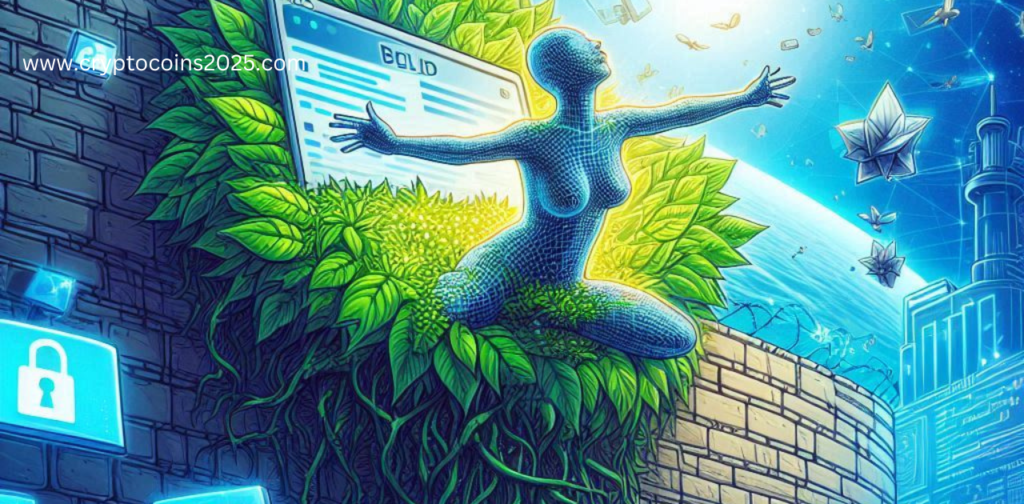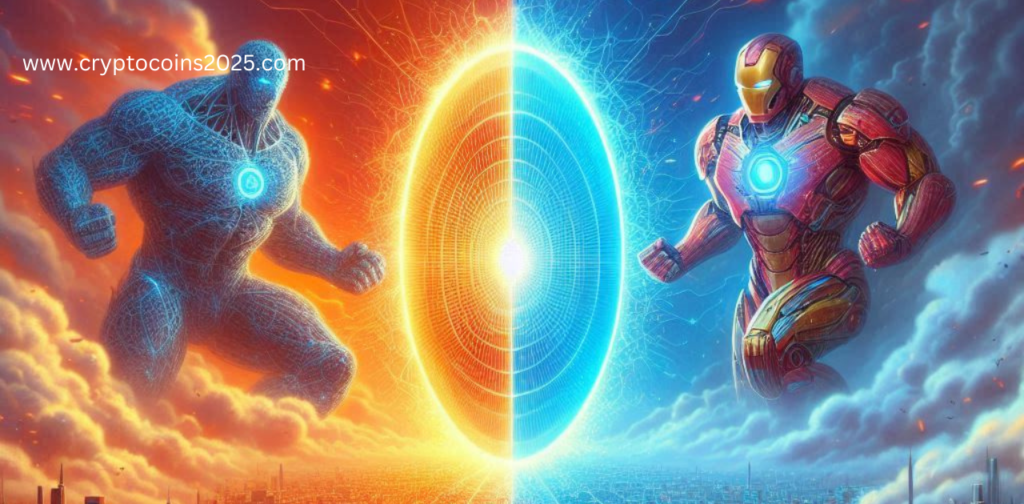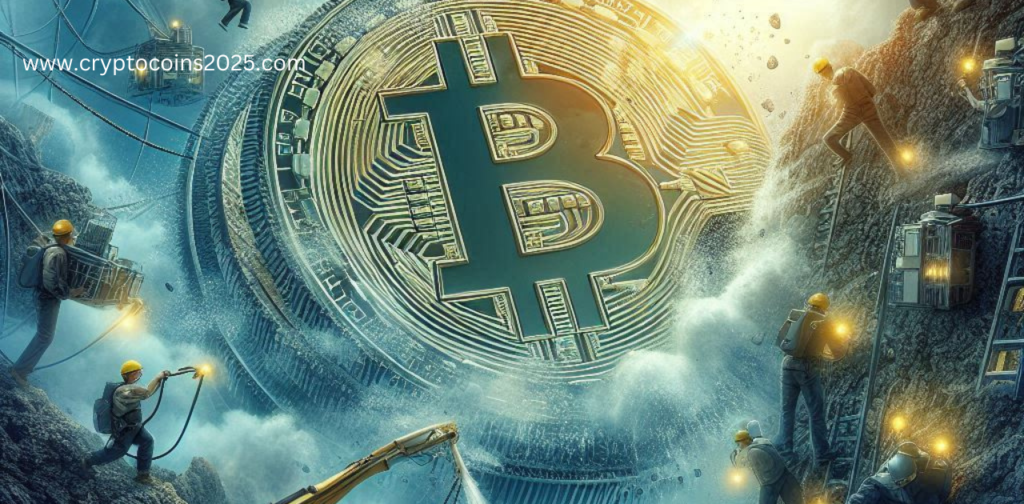Contents
Freedom from the Walled Garden: Decentralized Social Media and the Power of Blockchain
The social media landscape we live in today is dominated by a handful of powerful corporations. These platforms, while fostering connection, often raise concerns about privacy, censorship, and control over user data. Decentralized social media powered by blockchain technology offers a revolutionary alternative, promising a more democratic and user-centric online experience.
Reimagining Social Media with Blockchain

Decentralized social media platforms operate on a distributed ledger system such as blockchain. This disrupts the traditional model by:
- Empowering users: Users own and control their data, thereby freeing users from reliance on centralized platforms.
- Increased privacy: Data is encrypted and stored securely on the blockchain, reducing the risk of breaches and unauthorized access.
- Censorship resistance: Decentralized platforms are resistant to censorship, promoting open communication and freedom of expression.
- Transparent governance: Community-driven decision-making processes ensure transparency and user involvement in platform development.
Table: Centralized vs. Decentralized Social Media Platforms
| Feature | Centralized Social Media | Decentralized Social Media |
|---|---|---|
| Data ownership | Controlled by platform | Owned and controlled by users |
| Privacy | Vulnerable to user data breaches and targeted advertising | Encrypted data storage on blockchain |
| Censorship | Platforms can censor content | Resistant to censorship, promoting free expression |
| Governance | Top-to-bottom control by platform owners | Community-driven decision-making processes |
A glimpse of a decentralized future

Decentralized social media platforms are still evolving, but they offer a glimpse of a more empowering online experience:
- Rewarding content creators: Platforms can use cryptocurrencies to reward users for creating and sharing valuable content.
- Deeper user engagement: Decentralized ownership can foster a stronger sense of community and user engagement.
- Monetization opportunities: Users can potentially monetize their content directly through built-in crypto functionalities.
- Interoperable networks: Decentralized platforms can enable seamless communication across different social networks.
Challenges and considerations on the road ahead
Despite being promising, decentralized social media faces some hurdles:
- Scalability: These platforms need to scale blockchain technology to accommodate a larger user base to compete with established giants.
- User interface and adoption: Creating a user-friendly interface and encouraging mainstream adoption will be key to widespread acceptance.
- Regulation: The regulatory landscape around cryptocurrencies and decentralized platforms is still evolving.
FAQs on Decentralized Social Media
- Is there an existing decentralized social media platform?
Yes, there are several platforms already operational, offering features such as microblogging, content sharing, and community building.
- Will decentralized social media completely replace traditional platforms?
Decentralized platforms may emerge as strong competitors, offering users more control and privacy. However, traditional platforms can adapt and coexist.
- Is decentralized social media completely anonymous?
While user data storage can be encrypted, achieving complete anonymity may be difficult depending on the design of the platform.
Decentralized social media, powered by blockchain technology, presents a fascinating vision for the future of online interactions. By prioritizing user empowerment, data security, and open communication, decentralized platforms have the potential to reshape the social media landscape and redefine the way we connect online.

